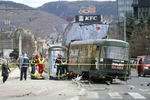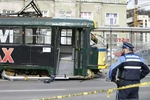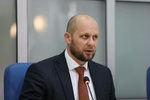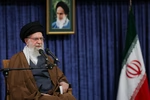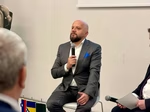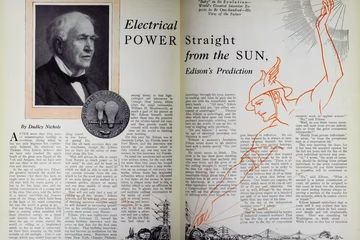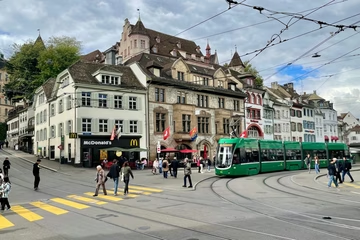Intellectuals request equal interpretation of Constitution

The Association of Independent Intellectuals, Krug 99 (Circle 99), warned the High Representative in Bosnia about differing versions of the translation of Bosnia’s Constitution into local languages, asking him to offer a final and formal solution to the issue.
Oglas
"Namely, the commission that was supposed to produce three official translations of the English original was never able to agree on the final versions and thus the then High Representative published three unofficial versions and said that the English one is still the only official version," the Association said.
What worries them is the fact that the Constitutional Court is using these unofficial versions in their work. The existence of so many unofficial versions, they said, "confuses both the citizens and the courts."
They exemplified it with Article 1, Section 2 of the Constitution, which states: "Bosnia and Herzegovina shall be a democratic state, which shall operate under the rule of law and with free and democratic elections."
Oglas
The problem is that the Bosnian and Croatian language versions do not contain the phrase "rule of law" but say that "the state will function in line with the law." Only the Serbian version uses the phrase "rule of law."
"By definition, the 'rule of law' means that all individuals are equal before the law, without any exceptions. By using different, unofficial versions of the text, the Constitutional Court is making wrong decisions that are incompatible with the official English version of Bosnia's Constitution," the Association said.
For this reason, the Association asked the High Representative to consider their arguments and to request that the Constitutional Court revises its previous work in line with the official version of the document.
Should this not happen, the Association added, the existence of different versions of the same text will only create further "legal uncertainty."
Oglas
The Office of the High Representative (OHR) is an ad hoc international institution responsible for overseeing implementation of civilian aspects of the Dayton Peace Agreement which ended the war in Bosnia.
Kakvo je tvoje mišljenje o ovome?
Učestvuj u diskusiji ili pročitaj komentare
Oglas
Kakvo je tvoje mišljenje o ovome?
Učestvuj u diskusiji ili pročitaj komentare
Oglas





 Srbija
Srbija
 Hrvatska
Hrvatska
 Slovenija
Slovenija










